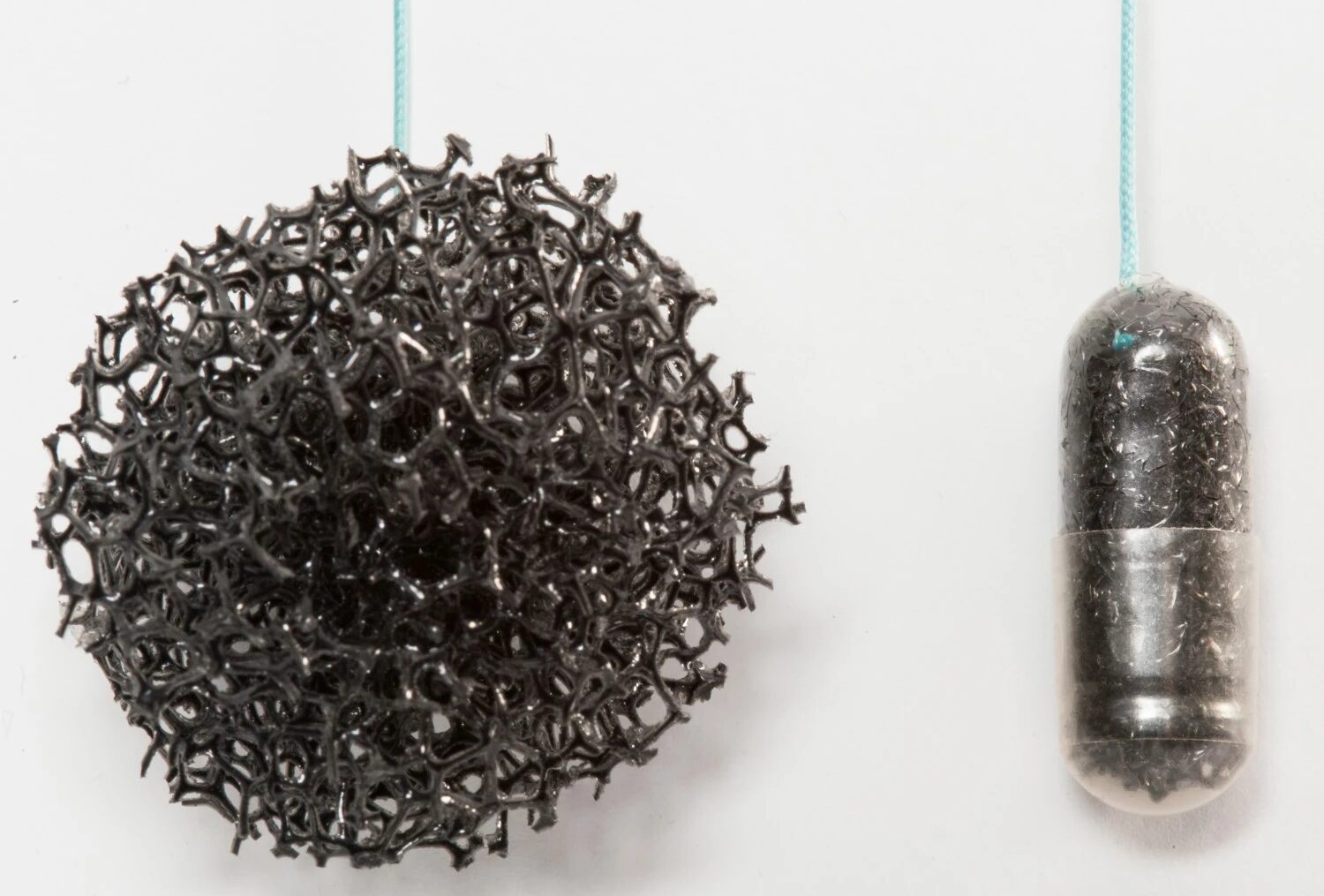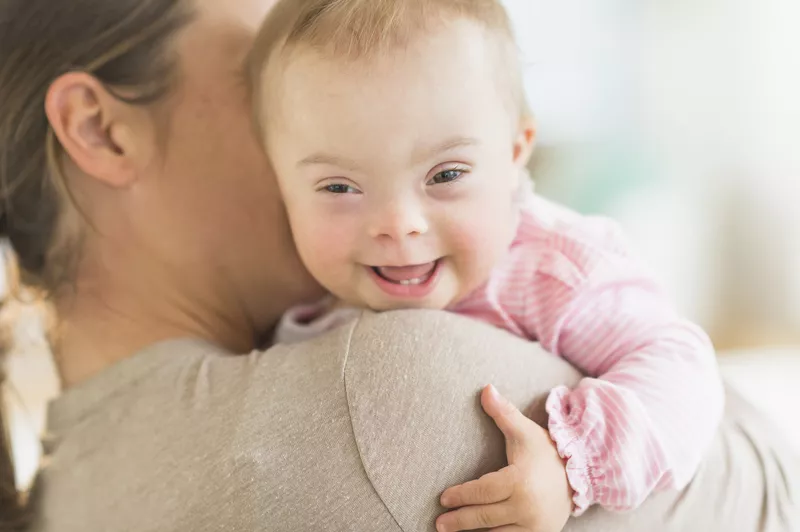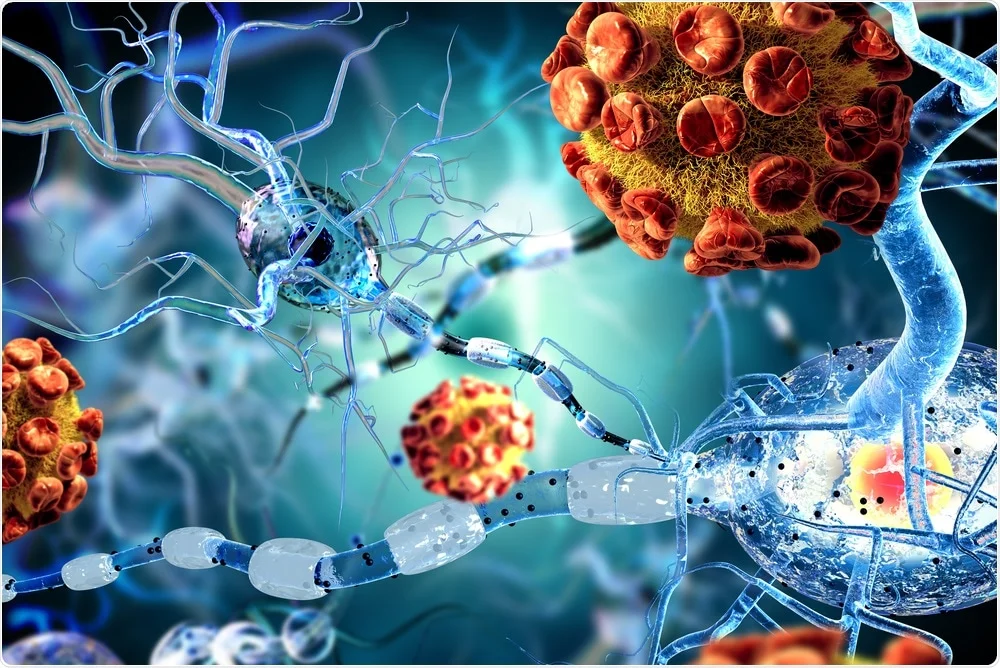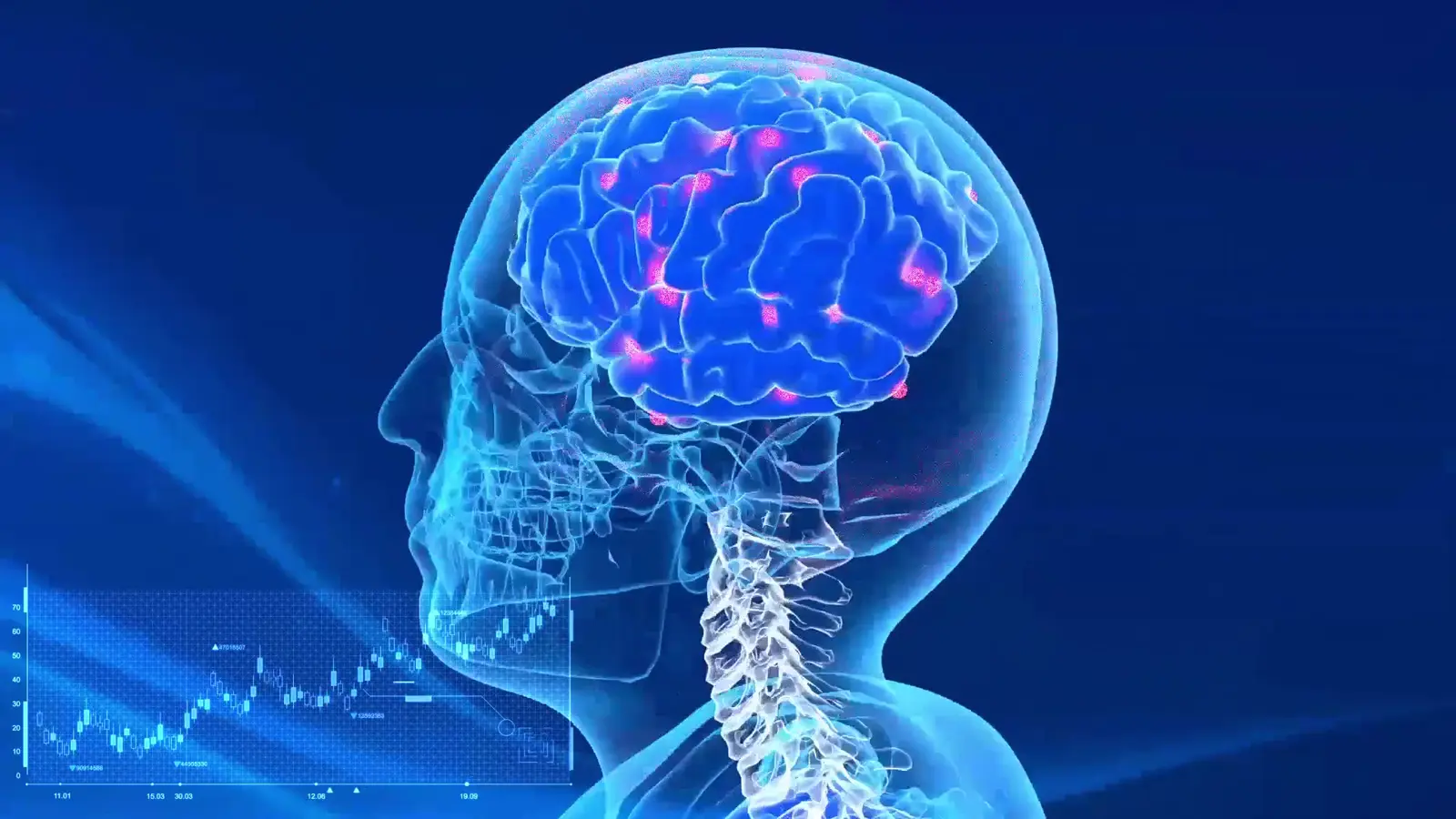-
 News
Capsule with sponge predicts likelihood of developing esophageal cancer
News
Capsule with sponge predicts likelihood of developing esophageal cancer
-
 News
The popular myth about the necessary number of steps per day has been debunked
News
The popular myth about the necessary number of steps per day has been debunked
-
 News
Japanese scientists have developed a method for removing the chromosome associated with Down syndrome
News
Japanese scientists have developed a method for removing the chromosome associated with Down syndrome
-
 News
COVID-19 causes amyloid plaques to form, as in Alzheimer’s disease
News
COVID-19 causes amyloid plaques to form, as in Alzheimer’s disease
-
 News
Hepatitis C virus may be linked to the development of schizophrenia and bipolar disorder
News
Hepatitis C virus may be linked to the development of schizophrenia and bipolar disorder
All news
Diabetes type 2 treatment
- More than 300 million people in the world have diabetes, 90% of them are of the second type.
- Unlike the first type, the second is preventable.
- Most of the deaths occur in third world countries with low levels of medicine.
Modern diagnostic methods: determination of glycated hemoglobin in the blood – HbA1c, oral glucose tolerance test, screening.
Innovative treatment: a combined regimen of new generation antidiabetic drugs, diet therapy, weight loss surgery.
Want to get a free consultation today? Leave a request on the MedTour platform and you will receive the following information:
- Prices for treatment abroad in the best clinics,
- Selection of a clinic,
- Assistance in organizing treatment.
MedTour patients recommend clinics for the treatment of type 2 diabetic:
Doctors for the treatment of diabetes type 2
Frequently Asked Questions
This is a metabolic disorder in which sugar (glucose) from food is not absorbed by the cells of the body. With this disease, blood sugar levels rise significantly and this causes damage to internal organs.
The cause of the disease is the development of insulin resistance. Insulin is an active ingredient. It stimulates the uptake of glucose from the blood into cells.
The following risk factors can cause resistance:
- Obesity,
- Cases of diabetes mellitus in the family,
- High blood pressure and high blood lipids (cholesterol),
- An unhealthy lifestyle: smoking, a sedentary lifestyle, a diet low in fiber or high in fat,
- Diabetes mellitus during pregnancy,
- Medicines that impair sugar metabolism (cortisone),
- Other hormonal disorders (polycystic ovary syndrome).
Insulin is a vital hormone produced by the pancreas. As cells become less insulin sensitive (resistant), the body requires more and more insulin. Insulin resistance can be inherited. But the disease develops only with the addition of a sedentary lifestyle and inappropriate nutrition.
1 – the reason is the lack of insulin production in the body. It develops in most cases due to damage to the pancreas. It is she who produces insulin.
2 – is caused by the wrong way of life. Due to the consumption of junk food and lack of exercise, the cells of the body no longer accept insulin.
Malaise and exhaustion are the first signs of a lack of nutritional energy (glucose/sugar) in the cells of the body due to insulin resistance.
Other symptoms:
- Thirst,
- Frequent urination,
- Growth retardation, bedwetting, weight loss (in children),
- Fatigue, weakness, dizziness,
- Deterioration of vision,
- Dry skin and itching,
- Alternating loss of appetite and bouts of hunger,
- Potency disorders,
- Muscle cramps,
- Nervous disorders,
- Slow healing wounds,
- Nausea, abdominal pain,
- Infections of the urethra,
- Violations of the menstrual cycle in women,
- Mental changes (aggressive behavior).
For diagnostics, laboratory methods are used:
- Analysis for glycated hemoglobin – HbA1c,
- Random/fasting blood sugar analysis,
- Oral glucose tolerance test,
- Screening.
Treatment in a clinic abroad has the following options:
- Combined regimens of antidiabetic drugs according to international protocols,
- Surgery on the digestive tract to reduce weight,
- Diet therapy and advice on lifestyle changes.
Diagnostics and treatment of diabetes mellitus type 2
The goal is to constantly control elevated blood sugar levels and lower them to a healthy level. This is the only way to prevent serious complications.
Analysis for glycated hemoglobin
To monitor the success of therapy, the hemoglobin A1c (HbA1c) value is measured at regular intervals in clinics abroad. This parameter shows the blood sugar level over a long time, unlike other tests.
In people without diabetes, HbA1c is less than 6.0%. In patients with this disease, it is often much higher if not properly treated. Doctors abroad recommend that patients have an HbA1c value of 6.5% to 7.5% during therapy.
How much blood sugar should be lowered depends on:
- Age,
- The patient’s general condition,
- Concomitant diseases (high blood pressure, lipid metabolism disorders, obesity).
Drug therapy
Clinics abroad determine the treatment regimen depending on the degree of the disease:
1 – Diabetic training and lifestyle changes (weight loss, exercise, dietary changes, smoking cessation),
2 – Monotherapy with oral antidiabetic drugs (metformin),
3 – A combination of two oral antidiabetic drugs or insulin,
4 – Insulin therapy in combination with oral antidiabetic drugs.
Surgery
For people with severe obesity, surgery is advised to change the shape and function of the digestive tract. This reduces the patient’s weight and blood sugar levels. Along with this, the patient is advised to change his lifestyle: to play sports and eat right. This has a positive effect on the course of the underlying disease.
Benefits of Treatment Abroad
Patients with diabetes type 2 choose foreign clinics for the following reasons:
- Doctors pay special attention to diagnostics. In foreign hospitals, it is always complex and is a key step towards drawing up the correct therapy regimen.
- Effective medicines are used abroad, which are not available in other countries.
- Foreign doctors are constantly undergoing refresher courses in leading hospitals in the world. They know new therapy protocols and put them into practice.
- Formation of the cost of treatment abroad occurs before the patient’s admission to the clinic. There are no additional fees.
Published:
Updated:









